Services
Nova Cesta Counseling offers a variety of counseling services that can be used during individual and family therapy. Every client’s situation is unique and your counselor will work with you to identify the services that best fit your needs.
Adult Therapy
Some people fear that seeking counseling is a sign of weakness, but nothing could be further from the truth. It actually takes a significant amount of effort and courage to look at one’s life and seek change. Spending time with a counselor provides the connection and support that can help facilitate personal growth and healing. Talking with a counselor is much more than just talking with a friend. Counselors listen to understand and do not tell you what path to walk, but help you find the path for yourself.
Adolescent Therapy
Adolescence is a time when young people are coming to terms with their identity and how they fit into the world. It can be a challenging time, but it’s also an exciting and important time! Research shows that the adolescent brain is going through the same level of change and growth as the brain of a toddler. It’s a great time to seek out therapeutic support! We love working with adolescents and walking alongside them as they grow and change.
Play Therapy
Play Therapy is truly more than counseling with toys. When an adult seeks counseling services it makes sense to sit on a couch and simply talk about what is on his/her heart and mind. Not so with children. Children’s brains are still developing and making connections. The connections that allow children to verbally express emotional content are not in place until at least 12 years old. Play, on the other hand, is a natural form of communication for children. It is how they process experiences, express feelings, and try on new behaviors. As a Registered Play Therapist-Supervisor, Megan has had extensive training on how to “speak” this language, and to use this natural process as an agent of change.
Activity Therapy
Children do not wake up one day and suddenly become “too old” for Play Therapy. Development is a gradual process. Children mature and begin to form the brain connections that allow for more complex verbal expression, but many still need the safety of playful expression to communicate in a counseling environment. This is where Activity Therapy comes in. Activity Therapy continues to use principles of Play Therapy while allowing for more “mature” expression as well. Playful counseling activities have also been known to help adult clients to express emotionally difficult content! Examples of counseling activities include Bibliotherapy, games, art, sandtray, and journaling.
Parenting
When children struggle, they rarely struggle alone. Often there are parents or other caregivers who are trying to figure out how best to help. There are a ton of parenting books and articles out there, but it can take a lot of effort to sort out the good from the bad. This can often leave parents feeling frustrated, helpless, or confused. Either through individualized parenting sessions or small group Child-Parent Relationship Training classes, parents can be given the tools they need to remain connected and help their children succeed.
Family Counseling
People are social creatures. All of us to one degree or another are drawn into making connections with others and have a desire to feel like we belong. The first, and often most important place where we make those connections and feel like we belong is within our families. Unfortunately, stress and poor communication can break down those connections and leave family members feeling lost and alone. Sometimes it takes outside help to re-form those bonds and improve communication.
Social Skills Groups
When children find a group of peers that they connect with it can be a significant source of self-worth and happiness. Unfortunately, for some children, finding and maintaining friendships does not come easily. Social Skills Groups bring together small groups of children, based on their age and gender, to work specifically on strengthening the skills they need to successfully build and maintain social relationships. The groups are play and activity based, and provide many “real life” opportunities to deal with the complexities of interacting with peers.
